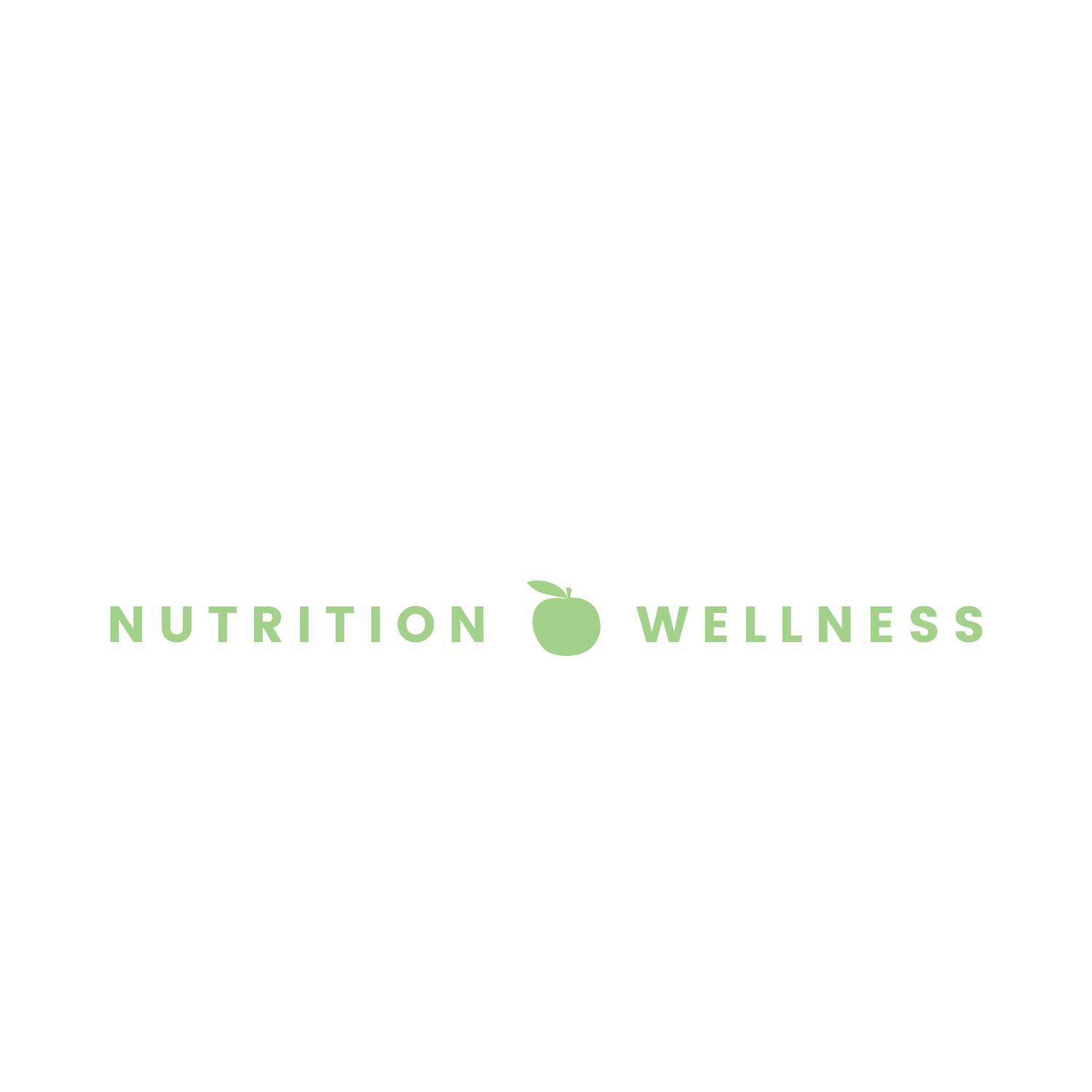4 Tips to Maintain Gut Health During the Holidays
Ahhh the holidays. When it comes to food, it is the absolute best time of year. As for your gut, they can cause some major dysfunction! Do you get to January 2nd and feel overly bloated, sluggish, and like your digestion is all out of whack? I’ve laid out some tips for you here to prevent that from happening.
1. Fluids, fluids, fluids!
I cannot overemphasize the importance of fluids enough. During the holidays, we tend to drink more alcohol, which is a diuretic (it makes us excrete more fluid) and we eat more salty foods, which can draw fluids out of your cells. This means we are doubly dehydrated. When we are dehydrated we are not able to digest or move foods through our system as effectively. As a starting point, try to aim for 1/2 your body weight in fluid ounces per day. Make sure to follow each cocktail with a small glass of water. If that is too hard to keep up with and you know you are going to a party later on, start drinking water EARLY. Get in 20-32 oz by the afternoon.
2. Consistent Movement
Now this doesn’t mean you have to continue doing intensive cardiovascular or HIIT exercises, but it does mean you probably shouldn’t sit all day. A sudden change in your movement patterns can cause digestion to change as well. Just think about it, movement allows gravity to naturally move things through your body AND it gets your blood pumping, which can help provide the needed energy to the muscles along your digestive tract, enhancing your ability to digest.
3. Doses of Fiber
Try to sprinkle in higher doses of fiber throughout your days. Most of the time holiday foods are not adequate in fiber, even though they are adequate in taste. Fiber is important for digestion in that it creates more bulk AND it absorbs water to move things along with more ease and consistency. Additionally, fiber lowers inflammation and improves the resilience and strength of the gut by feeding your beneficial bacteria!
Here of some ways to increase fiber at meals and snacks to compensate for low fiber dinners or outings:
Drink smoothies with high fiber fruit like raspberries or blackberries. Try adding frozen cauliflower for even higher dose without altering the taste.
Add ground flaxseed to your yogurt or on top of toast with peanut butter.
Use whole grain or seeded crackers for snacks or cheese plates.
Add black beans to or chickpeas to salads and wraps.
4. Focus on chewing
Chewing helps with digestion two-fold. It mechanically breaks down your food into smaller pieces and it begins the process of digestion itself by mixing food with enzymes in your saliva. If you are not giving your intestines a head start with adequate chewing, you will feel the effects later on (bloating, gas, indigestion). Aim for 15-20 chews each bite of food. Chewing will also increase your ability to sense fullness helping you to not overeat (another culprit of wonky digestion).
Struggling and in need of more help to improve your gut health and alleviate bloating, gas, or unpredictable digestion? Head to my here to schedule a discovery call and learn how I can help you!


